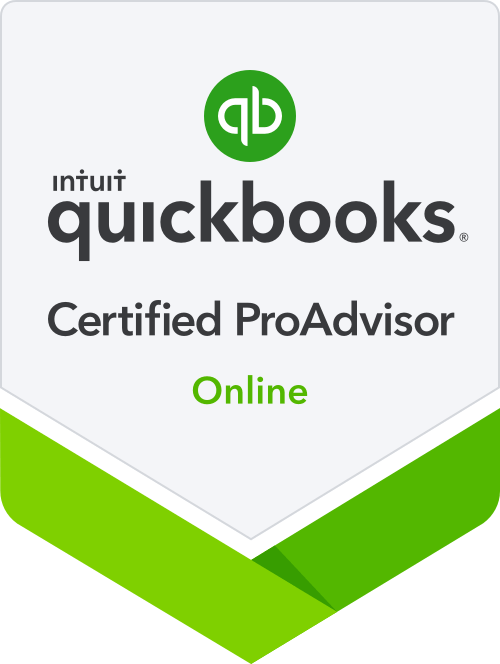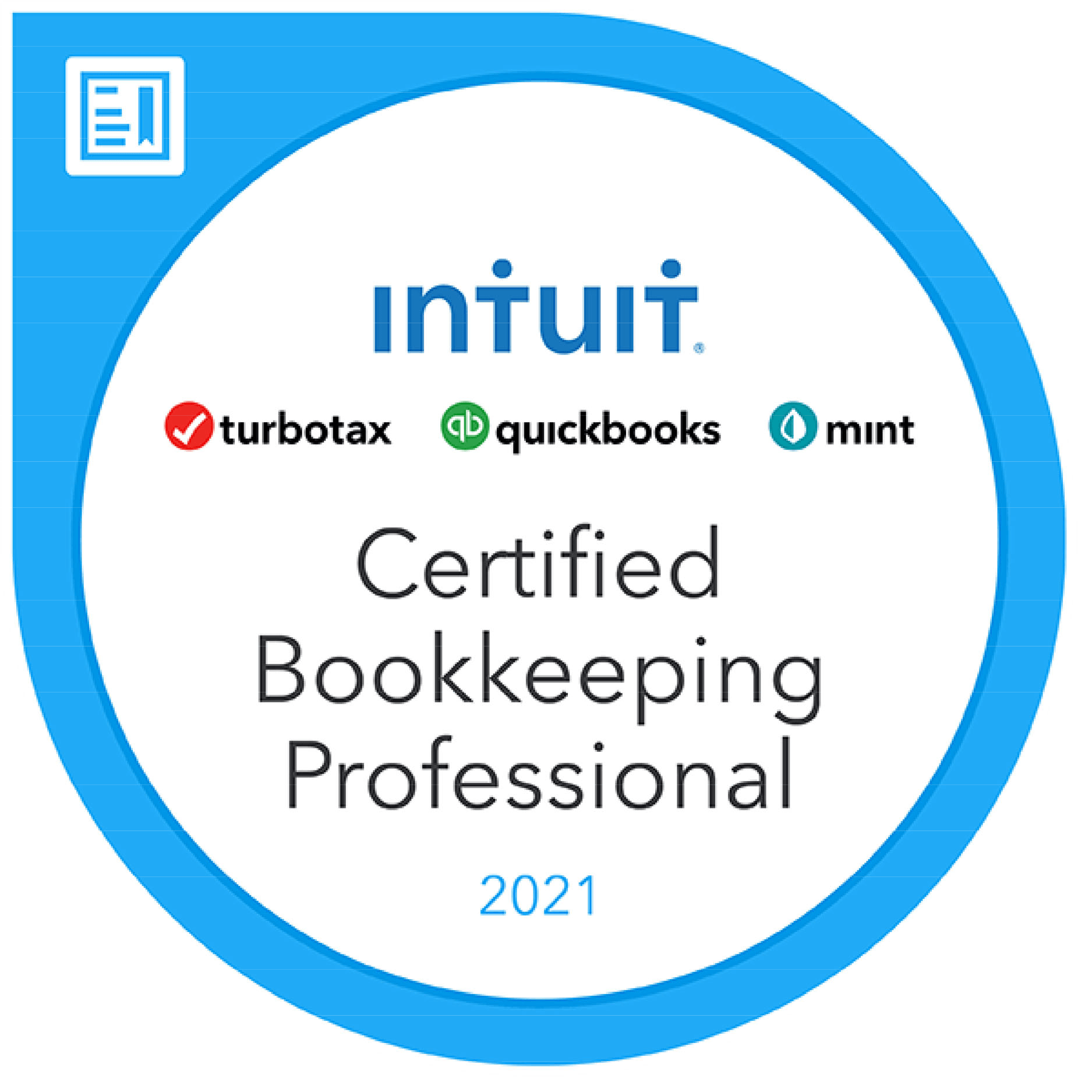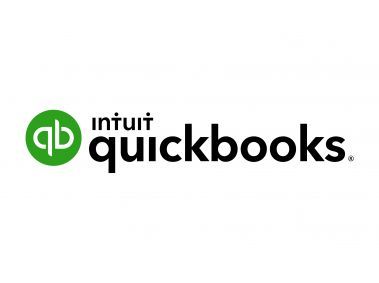Benefits of Outsourcing Payroll and Choosing the Right Service Provider
Outsourcing payroll lets you focus on your core business and frees up time for your HR or accounting personnel to take on more strategic tasks that can impact your bottom line.
Simply put, it is the process of hiring the service of an outside team to carry out the process of paying the salaries to your employees.
Here we will discuss the benefit of the outsourcing payroll process and how to choose the right service provider as well. First of all, let starts with the benefits first.

Benefits of Payroll Outsourcing for Your Business
- Outsourcing payroll saves you time and hassles as it is done by a third party on your behalf.
- Reducing your costs of hiring and training a new payroll staff.
- Due to the fact that the activities in the company are reduced with the hiring of an external payroll administrator, the company is given more time to dedicate it to its main products, which leads to greater profitability, since all their efforts are focused on the core business.
- The external payroll team takes care of the needs of the work team, providing you with the service at any time, which helps solve doubts instantly and in the shortest possible time.
How to Choose the Right Payroll Service Provider?
When choosing a payroll provider, it is essential to take into account a series of characteristics that any good service of this type must meet. In this article, we have shared some most relevant tips to choose the one that best suits your business.
Today, many companies outsource their payroll to make the process more comfortable, accessible, simple, and efficient. For this reason, having a trusted provider is essential.
Not all payroll providers offer the same level of service or have the same features. There are substantial differences between their benefits.
For this reason, we indicate some specific aspects that it is advisable to consider when hiring a good provider:
What Kind of Software do They Use?
A truly effective service will offer you payroll software that manages administrative and personnel tasks efficiently and comprehensively.
Logically, the software should have an intuitive and easy-to-use interface that allows you to run payroll, perform payroll calculations and add employees quickly and without complications.
Some payroll software also has a series of very specific features for your company, such as cost simulation functions, annual data summaries, or the configuration of Agreements. Other relevant issues at this point are the accessibility of employees to their data, as well as an unbeatable user experience.
What about Integration?
Systems integration helps save time and money, eliminates duplicate data entry, and reduces paperwork. To optimize the process, the payroll provider must offer an interface that integrates with the company's financial system and with other corporate systems that manage data of the company's people, as well as with all personnel administration processes.
Are they Serious about Security?
Payroll data includes all the personal information of your employees, as well as your company information and other sensitive data, such as access to bank accounts.
Your payroll service must present first-level security that can guarantee the protection of all data. Optimizing payroll management does not make sense if data security and quality of results are not achieved, not only in terms of legislation but also at the process level.
Do They Provide Custom Reports?
Comprehensive and detailed payroll reports provide practical information on financial and personal data. Access to such information can help to monitor the company, carry out follow-ups, searches, filters, and, ultimately, have access to the relevant data in an organized way. When hiring a service, make sure to ask about the reporting service of the vendor.
Do They Comply with the Law?
All professional payroll services must comply with current regulations.
The payroll service provider should be updated with the laws to avoid problems derived from regulatory breaches.
Do They Offer Expert advice and Assistance?
Your payroll provider must have a team of professionals specialized in Human Resources and labor law. In addition to being a guarantee of reliability, you can count on personalized advice that is tailored to your needs. On the other hand, a good payroll provider will have a helpdesk in case you need technical help. In short, the technological solution that we use must be adaptable and there must be expert advice behind it. The teams that the company decides to have must also be adaptable and provide expert advice to the organization.
Check the Reputation of the Company:
Before hiring a service, review the reputation and background of the company, ask for comments from the business partners they have worked with and their success stories.
The Bottom Line:
Having a payroll service will let you focus on your business and save time, effort, and costs. Are you looking for an efficient payroll service provider? Look no further than YC Integrity. We offer high-quality payroll services to all businesses of all sizes and types. Get in touch now!












